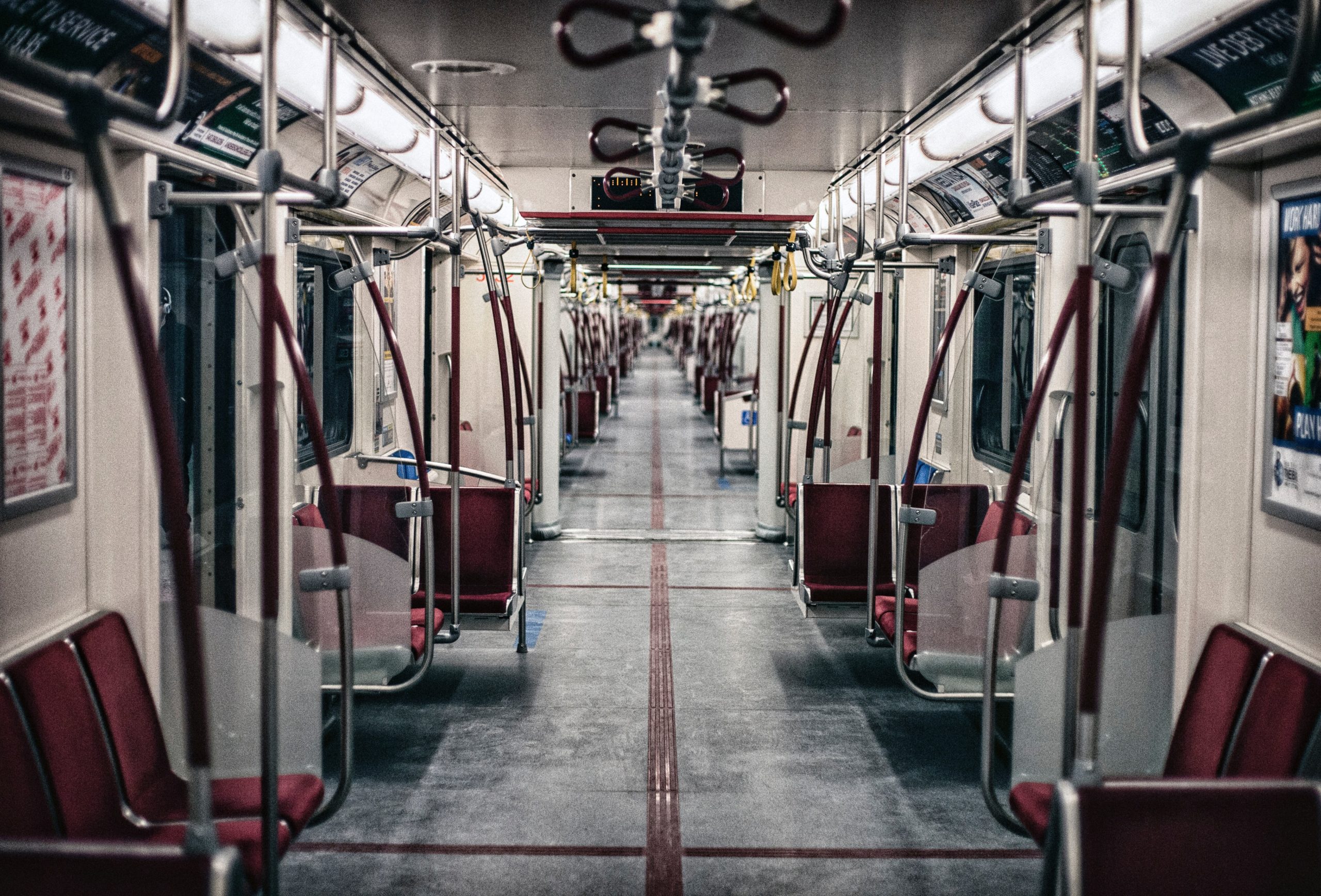TORONTO, March 18, 2021 – Today Pollution Probe is pleased to announce the release of a companion report which details the impacts that the COVID-19 pandemic has had on actions explored in the pre-pandemic report, Opportunities for Low-Carbon Mobility Actions in Canadian Municipalities: Best Practices and Guidance.
Shortly after the completion of the original study, urban mobility trends and practices were dramatically upended due to the global COVID-19 pandemic. Lockdowns, layoffs and work-from-home policies in major urban centres caused traffic levels to plummet. Social distancing mandates and virus-related fears led travellers to avoid public transit. Early indicators suggest that people are viewing privately-owned vehicles as the safest mode of travel, threatening to reverse the decades-long trend of declining vehicle ownership levels in cities.
Pollution Probe, in consultation with The Delphi Group and Natural Resources Canada, determined that the upheaval to transportation systems caused by the pandemic warranted an in-depth exploration. With support from NRCan, the project team developed Low-Carbon Mobility Actions for Canadian Municipalities: COVID-19 Companion Report. The report details pandemic-related impacts on travel patterns and modal choice in Canadian cities, with a focus on public transit.
Key findings detailed in the report include:
- Remedial actions taken by municipalities and transit agencies throughout Canada and globally are largely consistent.
- An analysis of transit ridership levels, epicenters of outbreaks, and teleworking demographics indicates that COVID-19 is largely a blue-collar disease. This suggests that cities should prioritize mobility actions that explicitly address the challenges faced by low-income, marginalized communities.
- Cities are prioritizing actions to enhance the feasibility of active transportation options. Other innovative measures taken include support for off-peak freight deliveries, transit-on-demand pilots, and expanding micro-mobility options.
- Cities are not cancelling transportation decarbonization plans or targets as a result of the pandemic, but funding is a major challenge, and has led to certain actions being delayed.
- Privately-owned vehicles are viewed by most as the safest mode of travel, and preliminary findings suggest that ownership levels have been increasing in cities. As a result, cities should continue to prioritize actions that encourage passenger zero-emission vehicle adoption.
- Teleworking is a trend that is likely to persist after the virus begins to subside. It presents a wide range of possible pros and cons related to transportation emissions and congestion levels, which warrants further research and action on the part of cities.
“The Government of Canada has made substantial investments in electrification which are contributing to a zero carbon transportation future for our country. The recent announcement by Natural Resources Canada of the national hydrogen strategy is also an extremely positive and important contribution to low-carbon mobility in Canada. Despite the COVID-19 pandemic, this report concludes that municipal governments are continuing to successfully implement plans and strategies that are decarbonizing transportation In Canadian cities.”
– Christopher Hilkene, CEO, Pollution Probe
The Pollution Probe team will continue to track transportation-related impacts stemming from the pandemic, some of which may leave lasting impacts on travel patterns and behaviours.

